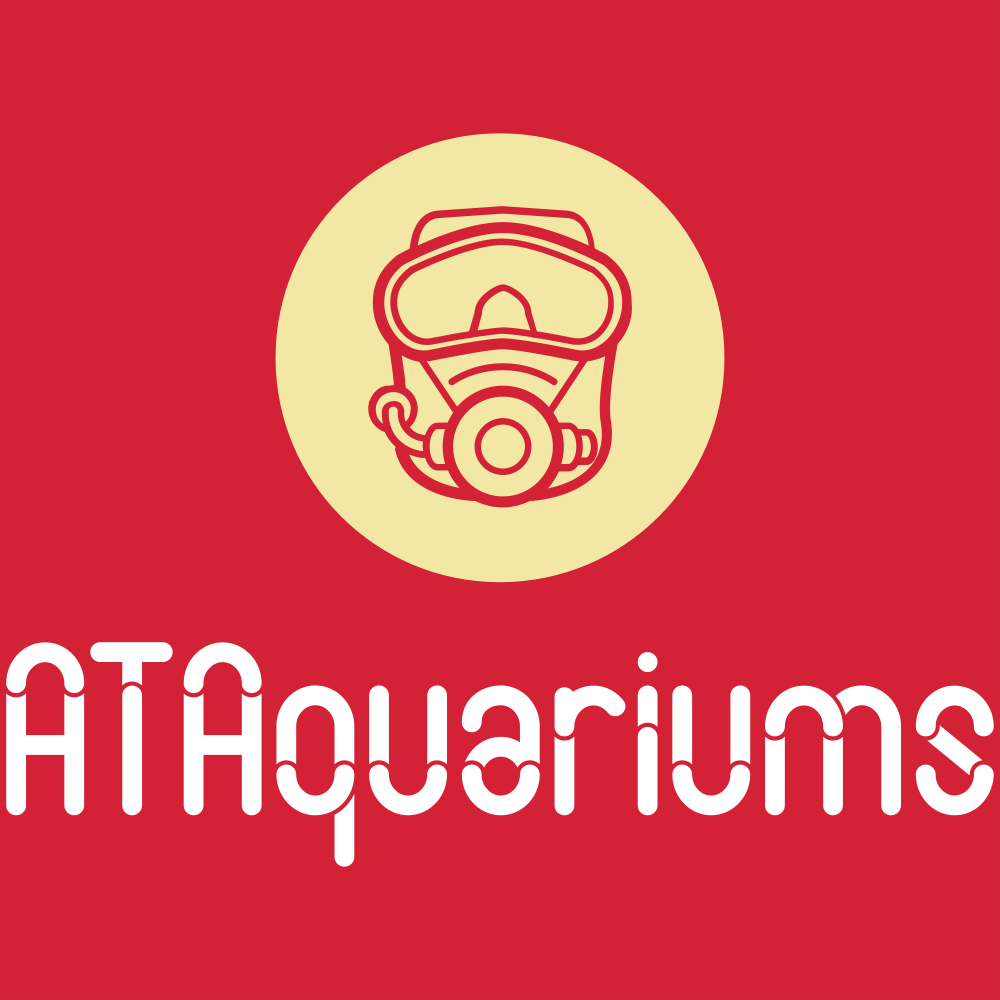 Image 1 of 2
Image 1 of 2

 Image 2 of 2
Image 2 of 2



Continuum Aquatics Reef Sculpture B 2 liters- Liquid Calcium & Alkalinity System for All Marine Fish & Reef Aquariums
Ionically balanced calcium & alkalinity control system when used along with Reef Sculpture A
Will maintain seawater ratios of important ions without any chloride buildup
Contains no acetate, gluconates, or polygluconates; Phosphate & nitrate free
Made in the USA
Does not contain Reef Sculpture A
Proper control of calcium level is imperative for the health and growth of corals and many other invertebrates. If the calcium concentration is too low, growth rates will suffer. If it is too high, alkalinity or buffering capacity will be diminished, leading to possible instability of pH. Sufficient magnesium levels are also necessary to maintain the proper balance. It is therefore recommended that the hobbyist measure and control the levels of calcium, magnesium and alkalinity on a regular basis. Strontium is also required for formation of aragonite. Continuum recommends that you maintain a calcium level of between 410 and 450 mg/L (ppm), an alkalinity level of 7 to 11 dKH (2.5 to 4 meq/L), and a magnesium level of 1250 to 1350 mg/L (ppm). Note: Aquarists keeping SPS corals should consider keeping alkalinity at 7 to no more than 9 dKH (2.5 to 3.21 meq/L). Do not add part A (or other calcium products) and part B or other buffering (alkalinity products) simultaneously, wait a few minutes and allow for plenty of circulation prior. This way you will avoid unnecessary precipitation and possible cloudiness.
Ionically balanced calcium & alkalinity control system when used along with Reef Sculpture A
Will maintain seawater ratios of important ions without any chloride buildup
Contains no acetate, gluconates, or polygluconates; Phosphate & nitrate free
Made in the USA
Does not contain Reef Sculpture A
Proper control of calcium level is imperative for the health and growth of corals and many other invertebrates. If the calcium concentration is too low, growth rates will suffer. If it is too high, alkalinity or buffering capacity will be diminished, leading to possible instability of pH. Sufficient magnesium levels are also necessary to maintain the proper balance. It is therefore recommended that the hobbyist measure and control the levels of calcium, magnesium and alkalinity on a regular basis. Strontium is also required for formation of aragonite. Continuum recommends that you maintain a calcium level of between 410 and 450 mg/L (ppm), an alkalinity level of 7 to 11 dKH (2.5 to 4 meq/L), and a magnesium level of 1250 to 1350 mg/L (ppm). Note: Aquarists keeping SPS corals should consider keeping alkalinity at 7 to no more than 9 dKH (2.5 to 3.21 meq/L). Do not add part A (or other calcium products) and part B or other buffering (alkalinity products) simultaneously, wait a few minutes and allow for plenty of circulation prior. This way you will avoid unnecessary precipitation and possible cloudiness.
Ionically balanced calcium & alkalinity control system when used along with Reef Sculpture A
Will maintain seawater ratios of important ions without any chloride buildup
Contains no acetate, gluconates, or polygluconates; Phosphate & nitrate free
Made in the USA
Does not contain Reef Sculpture A
Proper control of calcium level is imperative for the health and growth of corals and many other invertebrates. If the calcium concentration is too low, growth rates will suffer. If it is too high, alkalinity or buffering capacity will be diminished, leading to possible instability of pH. Sufficient magnesium levels are also necessary to maintain the proper balance. It is therefore recommended that the hobbyist measure and control the levels of calcium, magnesium and alkalinity on a regular basis. Strontium is also required for formation of aragonite. Continuum recommends that you maintain a calcium level of between 410 and 450 mg/L (ppm), an alkalinity level of 7 to 11 dKH (2.5 to 4 meq/L), and a magnesium level of 1250 to 1350 mg/L (ppm). Note: Aquarists keeping SPS corals should consider keeping alkalinity at 7 to no more than 9 dKH (2.5 to 3.21 meq/L). Do not add part A (or other calcium products) and part B or other buffering (alkalinity products) simultaneously, wait a few minutes and allow for plenty of circulation prior. This way you will avoid unnecessary precipitation and possible cloudiness.

